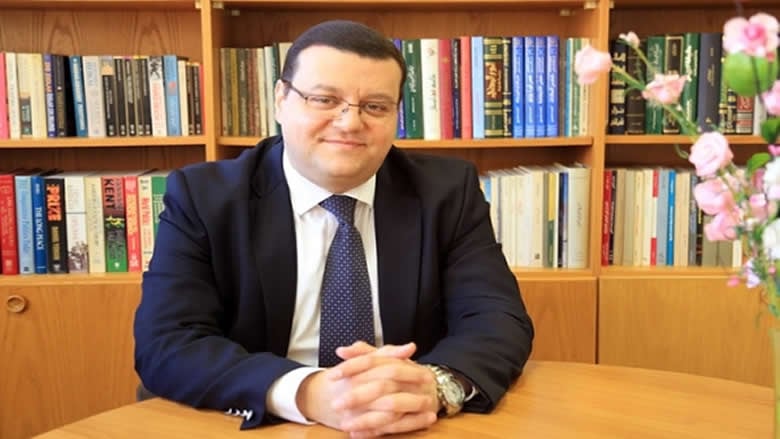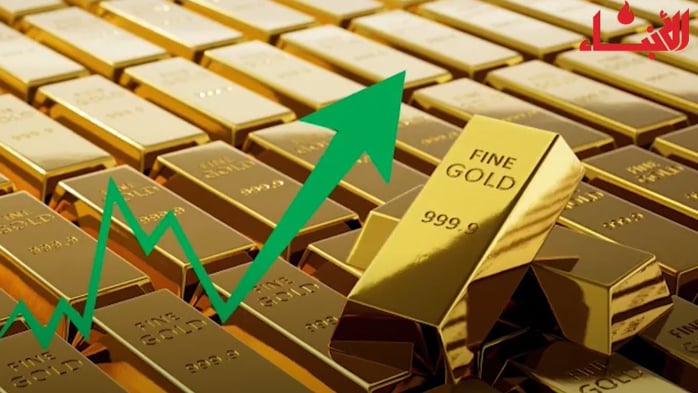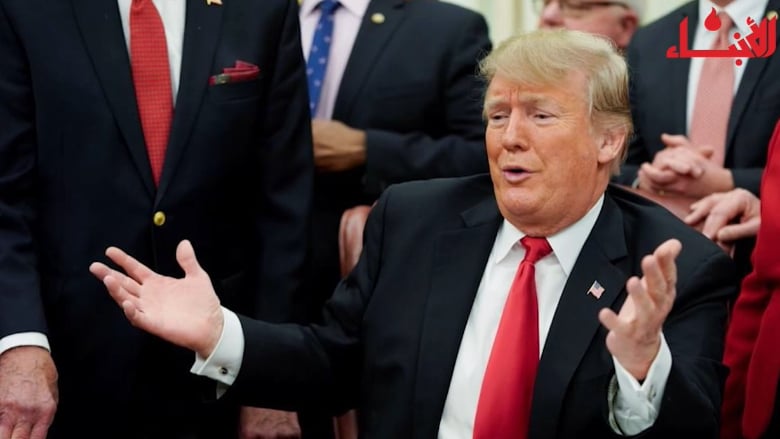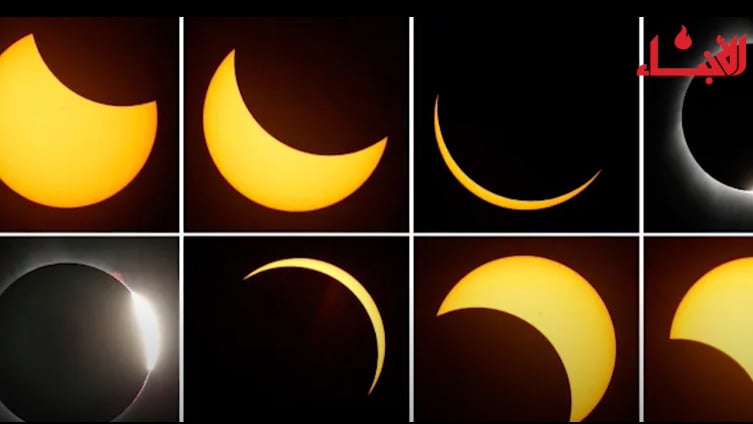Lebanon’s complicated political system is like no other. With diverse political and sectarian forces, the country maintains a delicate balance of power that is crucial for its stability. Every time this balance is upset by political or military conflict, the country descends into institutional paralysis or, worse, violence.
This has proven true time and again. In 1952, the “White Revolution” ousted President Bechara El Khoury. Six years later, Lebanon fell into civil strife that was in retaliation to dragging Lebanon into the Baghdad Pact, a military alliance of the Cold War that was formed by Iran, Iraq, Pakistan, Turkey and the United Kingdom before being dissolved in 1979. The strife began as a reaction to Lebanon joining the alliance against its disputed Arab identity.
The most catastrophic chapter in Lebanon’s history was its civil war from 1975-90. While disagreement over political representation was not the only issue that gave rise to the conflict, it was a key element that should not be disregarded.
Intertwined local, regional and international factors were instrumental in deepening the conflict but disproportionate representation among Christians and Muslims (5:4) added to feelings of marginalisation throughout the country.
In 1989, however, Lebanon signed the Taif Agreement, providing a new framework for political representation and settling decades-long questions about the country’s identity. The treaty described Lebanon as an “Arab country” and enshrined equal representation between Christians and Muslims regardless of demographics.
In addition, Lebanon’s semi-presidential system was replaced with a more complex system of governance that gave more power to the council of ministers. In 1990, a series of constitutional amendments significantly decreased the power of the presidency.
That groundbreaking agreement is in danger of losing its force as certain politicians seek to shore up their own power. Lebanese President Michel Aoun, leader of the Free Patriotic Movement (FPM), for one, has consistently sought to strengthen his role. After Aoun became president in October 2016, FPM members in parliament and the cabinet boasted that they were amending the constitution to restore power to the presidency.
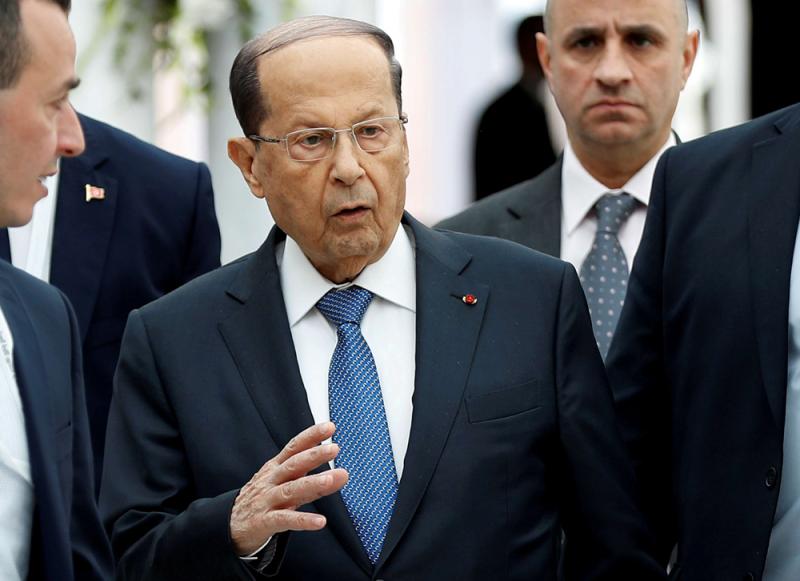
Meanwhile, Foreign Minister Gebran Bassil, who is Aoun’s son-in-law, ignited a heated political debate after he said Sunni power has been on the rise because of the fall of Christian power.
Sunni Prime Minister Saad Hariri, keen to preserve his position in power and maintain a compromise with his political rivals, has done little to counter FPM’s efforts. The only other influential political player, Samir Geagea, executive chairman of the Christian-based Lebanese Forces, has refrained from publicly confronting FPM for fear of losing popularity with the Christian community.
With Hezbollah maintaining its 13-year-old Memorandum of Understanding with FPM, which the Shia group direly needs after its involvement in the Syrian War since 2011 to bolster alliances, there seems to be only Walid Jumblatt, leader of the Progressive Socialist Party (PSP), on the front line against their efforts.
FPM leaders and their allies have taken all possible measures to weaken the PSP through the electoral law but Jumblatt retaliated by giving his lists high votes in the 2018 elections and preserving an eight-member bloc.
It is true that the state of affairs in Lebanon is not tenable but reverting to Lebanon’s pre-Taif Agreement system would be a recipe for chaos. This would disrupt Lebanon’s balance of powers, leading to a turbulent political situation that would further decrease productivity and cripple the economy.
Maintaining the status quo is likely the best option for all Lebanese parties.


